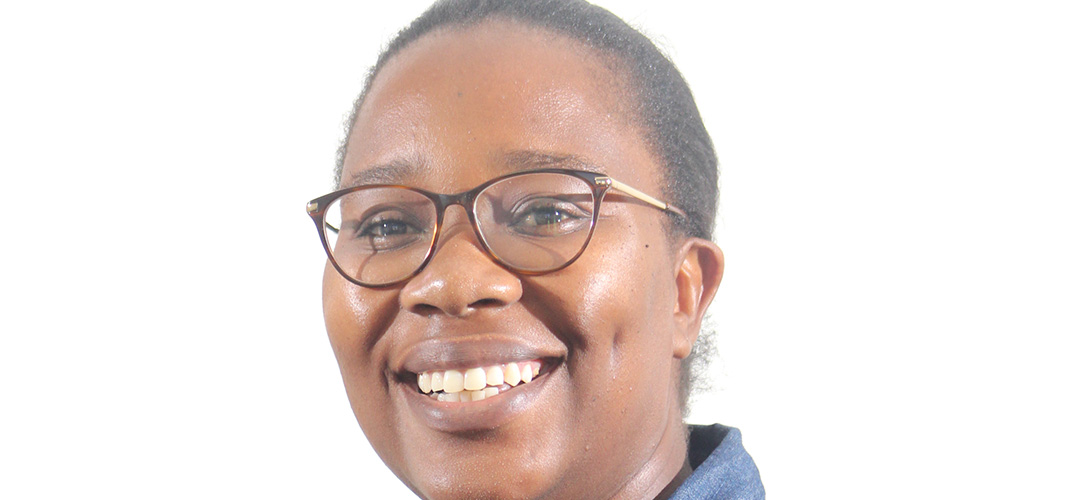Botswana’s first ever Astrophysics doctorate graduates from University of Hertfordshire

The first Motswana to ever complete a PhD in Astrophysics is graduating from the University of Hertfordshire on Tuesday.
Dr Kushatha Ntwaetsile, from Tsamaya in Botswana, has juggled motherhood and other challenges including Covid, to successfully qualify for her doctorate in Astrophysics, specialising in creating models or algorithms that can be used for data analysis
Funded by the Science and Technology Facilities Council (STFC) in association with the Development in Africa with Radio Astronomy (DARA) scheme – a project to inspire and develop the skills of young people in African countries within science, technology, engineering and mathematics using Radio Astronomy, to prepare them to take a leading role to further develop their economy. Kush is one of several African astrophysics students who have been invited to train at UK institutes, including the University of Hertfordshire, over the last few years.
Her passion for the subject began in 2016 when she was studying for her MSc in Computer Science at Botswana International University of Science and Technology. She was invited by DARA to take part in basic radio astronomy training at the University of Namibia and Hartebeesthoek Radio Astronomy Observatory, South Africa (HartRAO) which used to be the only major radio astronomy observatory in Africa.
She quickly became hooked on the subject. “Radio astronomy courses are a completely new field in Botswana, which made it even more exciting for me,” Kush explains. “Even though I come from a computer science background, I could apply my skills in astronomy through creating models or algorithms that can be used for data analysis.”
She was accepted by the University of Hertfordshire for a PhD course in 2017, but decided to defer the place until after the birth of her first child. Kush’s challenges didn’t end there. “When I eventually arrived in the UK in 2018, I had to juggle being a first-time mum, being in a new environment, studying a completely different course, and then having to adapt to online learning during the pandemic. My son was four months old when I left Botswana so my husband came to the UK with me to look after our son while I studied.”
However, Kush persevered, and successfully completed her PhD in 2022.
Kush’s tutor, Professor Geach said: "I am so proud of Kush. She came to the UK to pursue her dream of obtaining a PhD in astrophysics, balancing not only the demands of doctoral scholarship and a young family, but also the Covid-19 pandemic that was disruptive for so many. Kush has been an inspiration to me, and I am delighted that she now returns to Botswana to help support the development of astronomy and inspire the next generation of African astronomers."
Since finishing her course, Kush has returned home to help launch the Square Kilometre Array project, SKA/AVN Botswana project – a project team of innovators with a range of skills from several different fields planning to develop Astronomy and build the first radio observatory in Botswana.
“I want to be a pioneer in bringing astrophysics to Botswana, by being at the forefront of such a massive project like the SKA,” she said. “I am hoping in a couple of years our team will be able to deliver the first radio observatory in Botswana.”
Returning to the University this month (February) to attend graduation, she wants to use the opportunity to encourage others to pursue a research degree or an interest in astrophysics, especially others from Botswana.
“Astrophysics is still in its infancy stage and most people aren’t aware of what’s available in Botswana,” she finishes. “I believe there are a lot of opportunities in astrophysics, especially looking at the next generation of surveys such as the SKA. It is a very interesting field if you want to understand the universe. Go for it!”